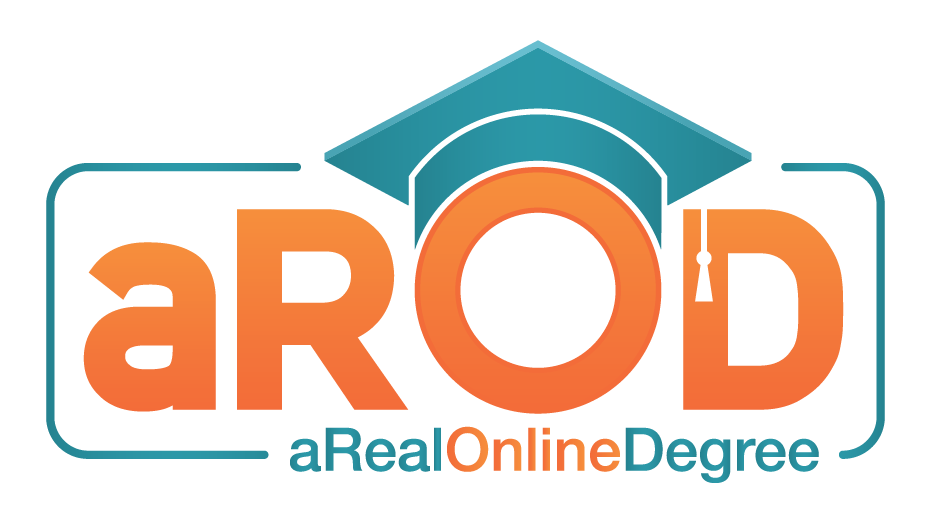Google has revolutionized the way students use the Internet. To find information, all you have to do is go onto the website and type a few words. In return, you will receive an almost unlimited source of information. Within Google itself, however, there are a series of tools available that are lesser known.
Google Scholar
Google Scholar is a useful tool when writing a research paper or thesis. It automatically links you to articles written by scientists, doctors, and other credible sources. Each article is peer reviewed by a number of specialists to determine its validity. If it is found reliable, the article will then be posted to the Internet and linked through Google Scholar. This website also connects you to legal documents. If you type in the name of either party in a case or the numerical citation, the official transcript up will made available. Regardless of the topic you are researching, you are likely to find something useful.
http://scholar.google.com/
Google Books
Google Books makes it incredibly easy to discover and locate books that are relevant to your subjects or interests. When you type in the name of a book, it gives you a limited preview of the cover and beginning pages. It connects you to stores that offer the book in surrounding areas and gives you the option of purchasing an EBook. Some are offered in full volume, for free to those who own an Ipad or some form of EReader. When finding textbooks or figuring out if they are going to be useful, Google Books can save a lot of time and money.
Google Translator
This easy to use translator option from Google is helpful if you are taking any foreign language courses. It translates words, phrases, and paragraphs into any desired language. Along with the exaggerated spelling of the pronunciation of the word, there is a verbal option. The word or text will be spoken in both the original and translated languages. With the Google Translator, you can decipher entire texts and web pages. If you copy the link of a web address, the entire text of the webpage will be translated. Learning a new language has never been easier.
Filter your Searches
When using the traditional Google, you have the option of filtering your searches. By clicking on the options button and making a few changes, you can find information that is only by a certain author or only published after a certain date. When looking for science related information, this can save you a lot of time. If you want to find journals written by a specific scientist then those will appear, not other people’s thoughts on his experiments. There are many other options you can change that make surfing the web as easy and efficient as possible.
Google Image
Google Image supplies millions of pictures on almost any subject. For those who learn more efficiently with a visual explanation, it is an incredible help. If you are curious to see what a particular person or place in the world looks like, an image is available. Google Image has realistic and cartoon pictures of almost everything in the world, so they are applicable to any kind of project or PowerPoint that require visual aids. There are also graphs and diagrams that can be accessed through Google Image. As we learn more about the different methods of learning, having immediate access to millions of visuals is extremely helpful.
Google Maps
While Google Maps is great for finding your way from place to place, it is also incredibly helpful when studying geographical layouts. Because of the incredible quality, you can zoom in enough to see Mt. Kilimanjaro compared to the rest of Tanzania. Google Maps allows you to see the borderlines of every country and the waterways of every river. The 3D layout gives you a view that is comparable to standing halfway across the world, while sitting in your living room.
Google has created numerous ways to give everyone access to a world of information. Their growth and development is making it easier for students to learn and have the knowledge to execute assignments efficiently.

